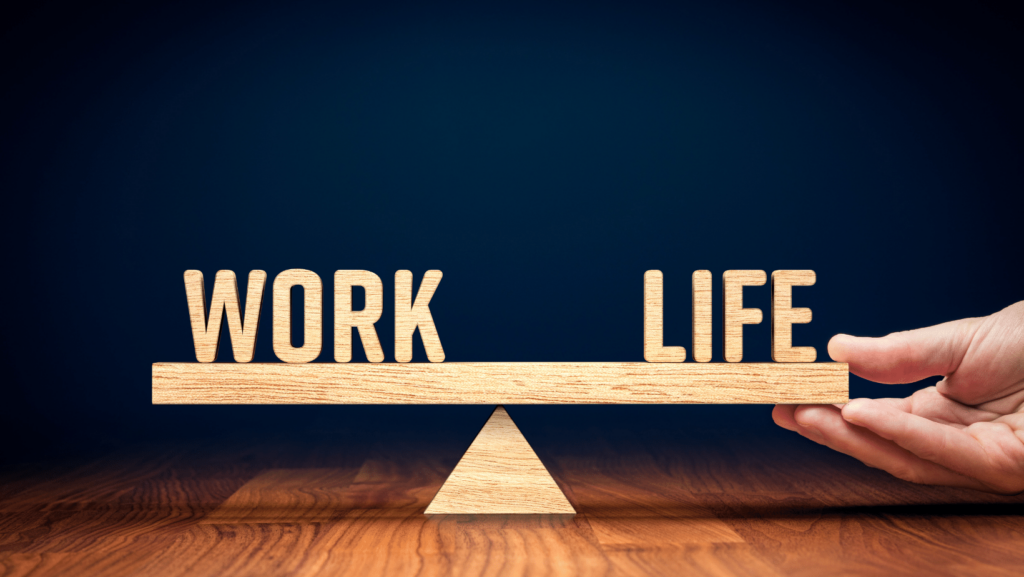A Simple 4-Step Approach to Building a Grateful and Empowered Environment

As we look forward to family, food and a little break from our regularly scheduled programs this week, I find it hard not to shine a light on the benefits of being grateful. Since most things you read this week will be focused on gratitude, my thoughts leading up to this Tip threw me back to the post-training practice ritual we used for years with our teams. This is a simple, yet powerful way to end any training session or meeting and send the participants, no matter what their age, off with a shot of positive emotion. Each day, our practice plan included a “quote of the day.” Each day’s quote was chosen intentionally to fit the time of the season, the goal of the…







